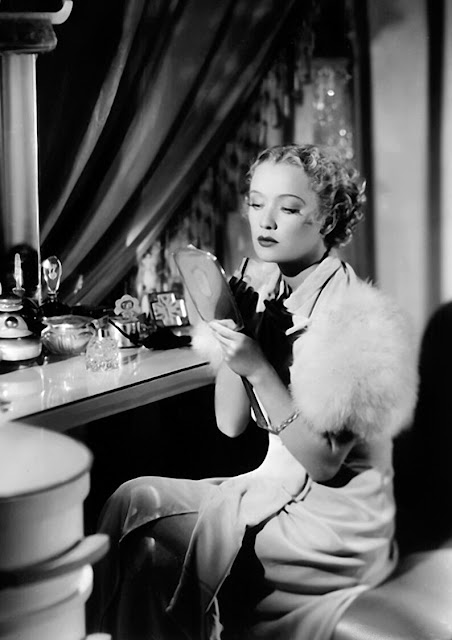Molly Haskell's "My Brother My Sister": A Love Story
On what she describes as a crisp Indian summer day in 2005, Molly Haskell and her husband Andrew Sarris sat in their dining room and awaited an announcement from her younger brother. The air was portentous, and even though Haskell had been assured that the meeting had nothing to do with impending disease, she was frightened, apprehensive, her mind--that of an incisive and curious writer--active and alert. The news was that Haskell's brother, known as Chevey, and solid, reliable, and nobly Virginian in every way, had decided to become a woman. The desire, he explained, had grown stronger over the years, and he no longer felt the need to deny himself the life he felt he deserved.
As a film critic and as a writer of her own life and those she has loved, Molly Haskell has proven herself reliably moderate, fair, open-minded: There are no wrong conclusions to be made, and no one, she has always implied, should apologize for those things they love or loath. It is evident in Haskell's new memoir "My Brother My Sister," which opens with that ominous meeting with her brother, that she found herself off balance by her reactions to her brother's news, and as much as she initially tried, she could not understand or fully accept the news.
"My Brother My Sister" is a shrewd and delicately balanced book: You are not aware, until it is concluded, just how tight and controlled the narrative has been, but you will be aware, thanks to the clarity and the honesty of the writing, how confused and loving and scattered Haskell was during the process of loving her brother/her sister through various therapies and surgeries. It is a painstakingly--agonizingly--chronicled, edited, felt book.
Throughout all of Haskell's writing and in her own life (I must confess to knowing and loving Molly Haskell; I do not pretend that this is an impartial review), she has crafted a tapestry of work that is liberally strengthened by threads of love and friendship, by bonds that cannot be explained and that, inexplicably, cannot be severed. In her brilliant "Love And Other Infectious Diseases," she recounts her days ministering to Andrew Sarris, whose various ailments boggled the minds of New York's finest physicians, assaulted his body and his balance, but reinforced their love and dependence upon each other. Love, Haskell always seemed to let the reader know, cannot be explained, but it is felt, it is reliable, and it responds to the various entreaties we make upon it. It is not, however, always prompt, and in reading "My Brother My Sister," I was made aware of yet another gift possessed by Haskell: faith. The faith of Molly Haskell in love, her brother, her family, her friends, and the resilience of her heart--all are vast, and all are on display in this wonderful book.
You open these pages prepared for a memoir about a brother and a sister and their lives together, and what you get is a love story, and another gift from Molly Haskell.
This is a book about a transformation, and you would be wise to be prepared for your own as you read it.




Comments
Post a Comment
Thank you for your comments. The moderators will try to respond to you within 24 hours.